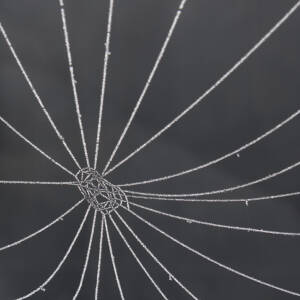Composed
You know those performances that you go to only because you know someone taking part? Well, that was how I found myself leaving home this evening in the cold and arriving rain-wet at the Jacqueline du Pré Music Room to find a very large tooth on my, and every other, seat.
Mark Anthony Turnage's Blood on the Floor, for jazz quartet and large (orchestral) ensemble, is on the theme of drug addiction and contains a lament for his brother who died of an overdose.
The conductor, Tom Fetherstonhaugh, had warned me that it's pretty hard to listen to - and to play - and I'm not fond of jazz (sorry everybody) so I was braced for an unenthralling 70 minutes. But it was much more musical than I expected - sounds rolling over each other, interesting rhythms, melodies I could understand and it was hard not to be caught up in how much the solo saxophonist was enjoying the music.
Many of the musicians played two or three instruments. I'd never seen a bass flute, nor a bass oboe, and the section where some of the wind section started using hammers on metal pipes was intriguing. The range of sound started to make me aware, very unexpectedly, that the commonest instrument on stage, the human voice, was missing. I kept expecting it to be brought into the mix but it wasn't, and its absence grew and grew.
It's normal for there to be no voice in orchestral music, common in jazz, and common in the little bits of 70s prog rock that edged their way in, so I don't know why the feeling was so strong, nor do I know whether that was the intention of the composer. I guess if I'd been very bold I could have asked him, since he came onto the stage during the applause. Instead I slipped back out into the rain.

Comments
Sign in or get an account to comment.


